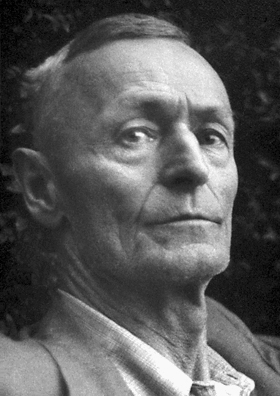Once I start on a book, I generally don't give up on it, no matter how bad it is. However, I think I'm going to make an exception for Carl Sagan's
Contact. I picked up the book (again from
my father-in-law's library) because I'd seen bits and pieces of the movie, and aliens are always interesting.
However, no amount of interesting content will make up for dense, convoluted writing. Reading the book, I suddenly had an urgent desire to lobby for a law ordering scientists to stick to science and not wander over to fiction. How can such exciting things be written about so blandly? Even when the heroine falls in love, her emotions are described so - forgive me - unemotionally that I felt like clouting Sagan over the head with his own book (it was only later that I discovered that he was dead and buried).
But in the middle of all that detached dead writing, I stumbled upon a few sentences that suddenly made sense - at least, more sense than the preceding hundred and fifty pages. I don't know if this is proof of the whole monkeys and Shakespeare theory, but anyway.
She began to understand why lovers talk baby talk to one another. There was no other socially acceptable circumstance in which the children inside her were permitted to come out. If the one-year-old, the five-year-old, the twelve-year-old, and the twenty-year-old all find compatible personalities in the beloved, there is a real chance to keep all these sub-personas happy. Love ends their long loneliness. Perhaps the depth of love can be calibrated by the number of different selves that are actively involved in a given relationship.
Note that even here, the scientist in Sagan is trying to come up with an equation to find the depth of love.
As for me, I think I'll just watch the movie.

